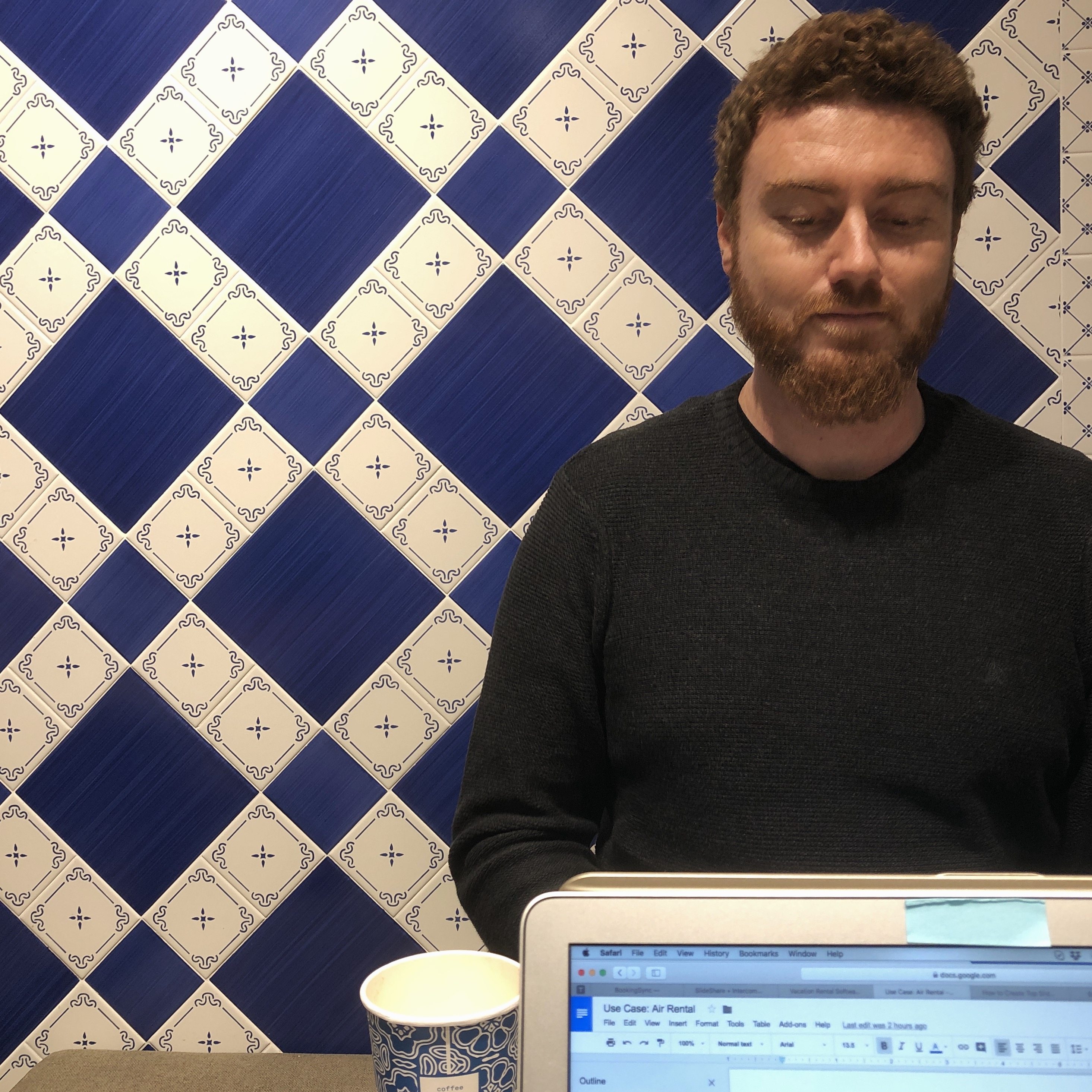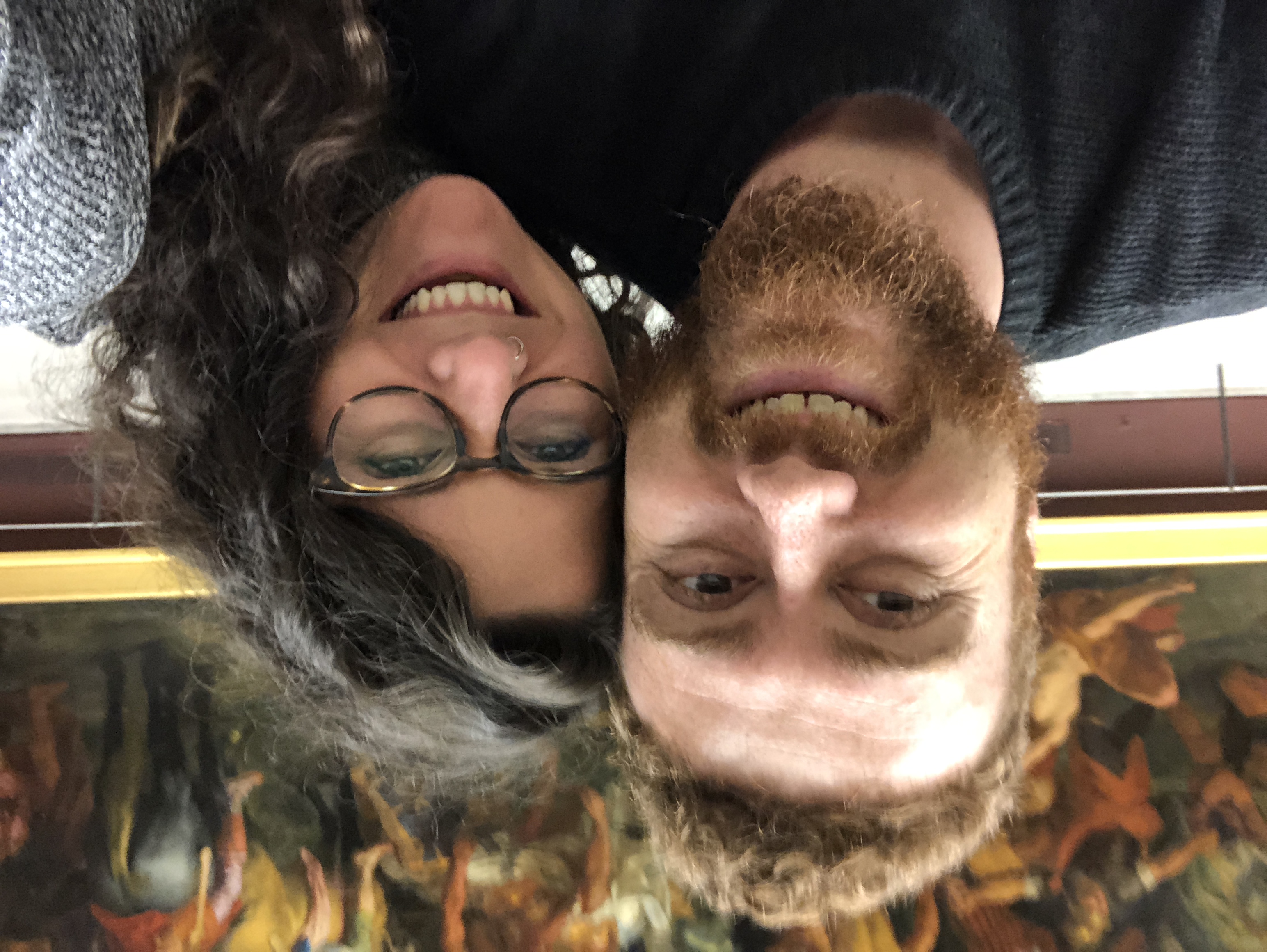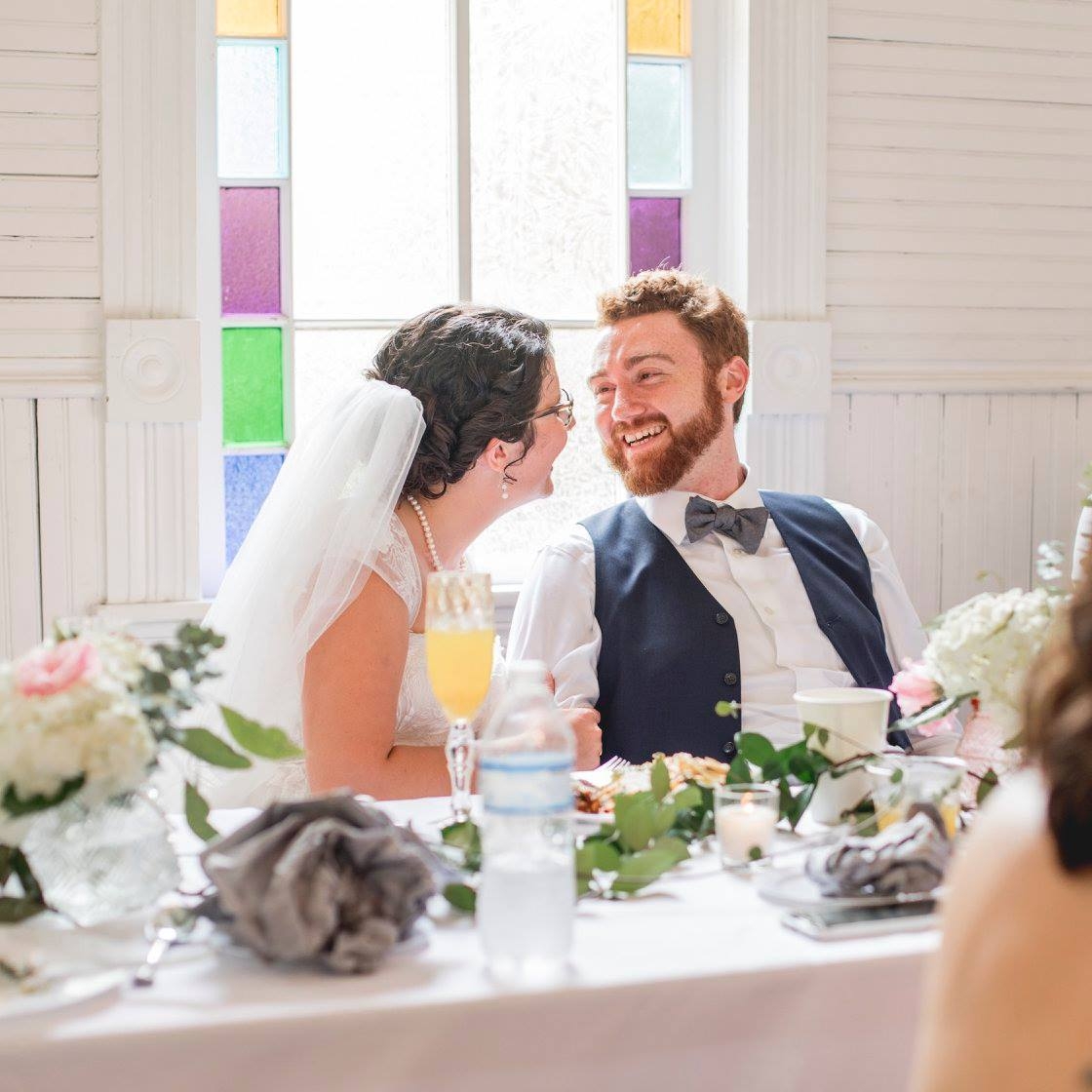In 2016 I was working a low-paying, boring front desk job.
During slow hours at work, I hunted online for new jobs, with almost zero luck. There were plenty of jobs to apply to, but I had no idea what I wanted to do.
My problem was that I didn’t need a new job. I just wanted one.
My bills were paid and I liked my co-workers. All the typical external forces that lead to resignation weren’t nudging me out the door. I just wanted something new.
With a tax return arriving in the mail any day, I decided to create my own external force: I’d quit my job before I had the next one lined up. (“That’ll do the trick.”)
Between my final paycheck and the tax return, I figured I’d have enough runway to last about a month. Scary, yes. But I knew I had options.
So I pulled the trigger. I put in my two weeks.
The job search continued, even before my last day. As I finally began applying to jobs, I sent my resume everywhere — sales jobs, administrative roles, even one or two writing jobs.
I attended several interviews. Some roles turned me down. Others, I turned down.
After a few unsuccessful weeks, I decided to bring in a second opinion. I reached out to an inspiring friend who had worked for interesting companies, held important roles, and been an entrepreneur many times over.
Over dinner I told him everywhere I’d applied. He nodded along as I explained my ideas. Eventually, he stopped me, “Alex, you live in a tech hub and you’re a writer. Why don’t you just write for all these tech companies as a freelancer?”
The next day I bought two books about freelancing from a local secondhand store. I began reading everything I could find online about how to get started. I told a handful of friends who owned marketing agencies that I was open for business.
Two friends referred work my way. The income wasn’t enough to cover my rent, so I began finding other side hustles. I managed to find two: 1. live event logistics (setting up and dismantling large concerts and music festivals) and 2. handyman work with a friend who owned a home remodeling company.
Still, the paychecks were inconsistent and low. I still had a lot to learn about self-employment and freelancing. I had to research every aspect of freelancing like invoicing, doing my own taxes, pricing my work, etc. But more importantly, I had no idea how to find clients, which meant I just read article after article looking for techniques.

There is one aspect of starting out as a freelancer that almost no one talks about: Turns out, being self-employed often feels a lot like being unemployed.
At one point, I had to call my landlord to tell them rent would be late. It was the first time I’d ever had to do anything like that. Thankfully, I’d been a good tenant and my landlord was happy to give me the extra two weeks I’d requested. Another time I had to borrow some money from my brother.
The impostor syndrome was real. It’s hard to market a skill you’re insecure about. And in those early days, I felt deeply insecure (despite the fact that I had two years of prior copywriting experience from another job).
I was learning that freelancing was not easy.
Until, eventually, it sort of was.
After a year or so, I got the hang of finding customers. I was earning enough by then that I stopped manning overnight events or working as a handyman. Copywriting was covering my bills, and then some.
While all this was going on, I was dating a wonderful lady named Sarabeth. We got engaged around the one-year mark of my freelance business.
She was a great writer. Even before we’d dated, Sarabeth and I would go to bars just to drink and write short stories together. A couple months before we got married, I popped another question: “Do you want to run a business with me?”
At first, she hated the idea. (Mostly she hated the idea of working with her spouse. It sounded like trouble waiting to happen.) But Sarabeth did start helping me with occasional edits. Over time, the idea of working together full time grew on her. The concept started proving itself.

The conversation changed. We stopped asking, Should we work together? Instead we started discussing where we’d travel if we worked together — after all, we made a living from our laptops.
The week before our wedding, in August 2017, was crazy. We simultaneously prepared for a wedding and packed for an indefinite, mostly still-unplanned travel trip.
We only knew two things about our upcoming journey: We had flights from Austin to Costa Rica and a one-way ticket from Orlando to Paris a few months later.

We got married and hit the road the next day.
We learned the fun and challenge of working while nomadic. We fought time zones, arduous travel days, and the challenge of varying internet. But we had nothing to complain about.
We spent the first 6 months of marriage on the road, working from our laptops through a countries in Central America, seven countries in Europe, and a handful of states.
We settled down again in Austin, the city where we’d met and been married. I’m now in my fourth year as a freelancer and it’s still hard to believe we’ve somehow made this lifestyle work.
With hindsight, all I can say is: best accidental career move ever.


